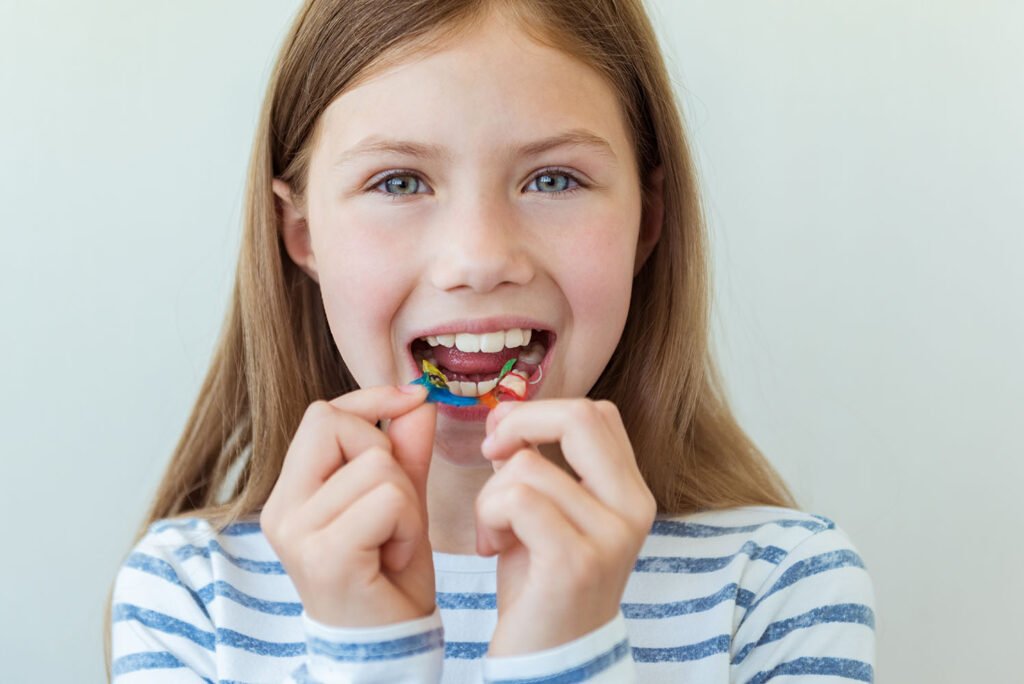
Sleep Disorders Sleep Apnea Treatment for Children: What Parents Need to Know Sleep Disorders Sleep Apnea Treatment for Children: What Parents Need to Know Sleep Disorders Sleep Apnea Treatment for Children: What Parents Need to Know Hanzara Panol April 7, 2025 Anna Rue We understand just how closely connected oral health is to your overall […]
Hanzara Panol
April 7, 2025

We understand your children are the priority and we want to help get the best treatment.
For children with obstructive sleep apnea (OSA), the gold standard treatment, especially for moderate to severe cases, is adenotonsillectomy ( surgical removal of adenoids and tonsils)
For some children with sleep apnea; based on age, compliance, and other factors, oral appliances can be an effective, non-surgical solution to keep the airway open during sleep, potentially reducing snoring and improving breathing
Enlarged tonsils or adenoids: This is one of the most common causes of obstructive sleep apnea in children.
Obesity: Excess weight can lead to fat deposits around the neck and airway, contributing to sleep apnea.
Allergies: Chronic nasal congestion due to allergies can lead to mouth breathing and increase the risk of sleep apnea.
Genetic factors: Family history of sleep apnea or other airway issues may increase the risk.

Snoring
Pauses in Breathing
Restlessness
Mouth Breathing
Sweating
Behavioral Problems
Poor School Performance
Morning Headaches
If you’re concerned that your child may have sleep apnea, it’s important to talk to your pediatritian or a specialist in sleep medicine. Early diagnosis and treatment can help prevent complications and improve your child’s quality of sleep, behavior, and overall health.
We understand just how pain and sleep affects your overall health and function, and we pride ourselves on cultivating a friendly, easy to reach environment where you can always feel comfortable in our care.